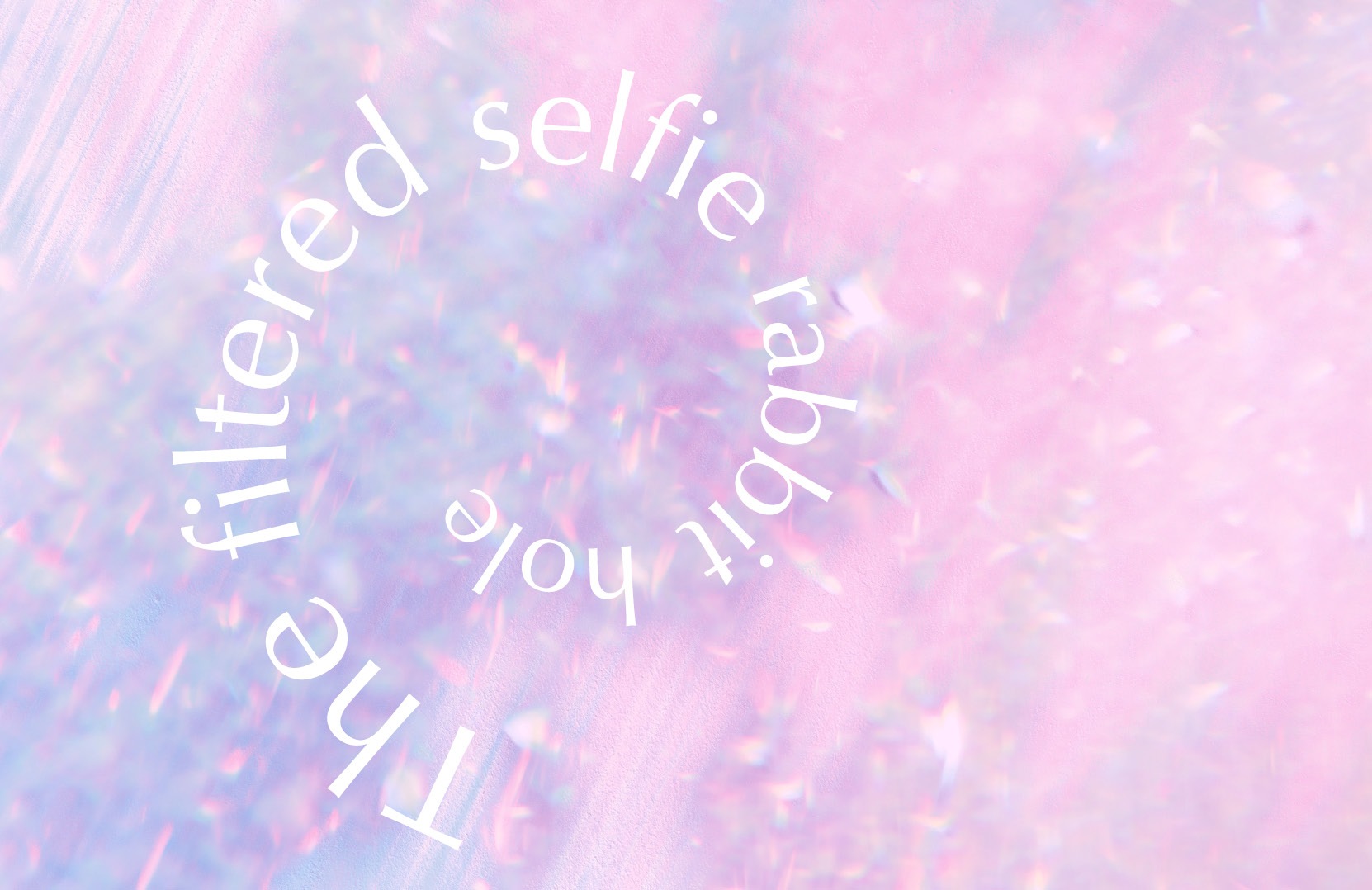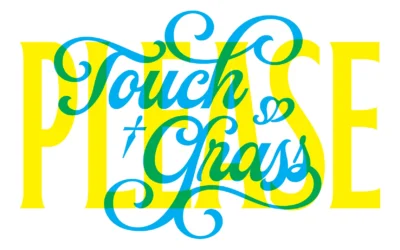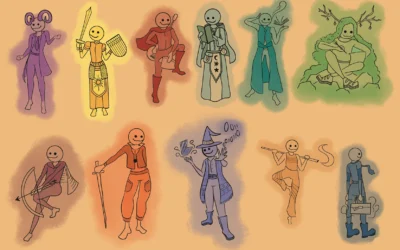Everywhere you look, you see it: people taking selfies. The trend, which doesn’t seem to be losing its appeal, has gone from simple photos to a plethora of filters, apps, and Photoshopping ability that can change the look of your face beyond recognition.
As cosmetic procedures improve and become less taboo, the number of patients turning to cosmetic surgeries increases. Still, there is more to the rise in numbers than just better knowledge and less judgement. Among the issues is what is referred to by Dr. Tijion Esho, a U.K. cosmetic doctor, as Selfie Dysmorphia or even Snapchat Dysmorphia. These terms are defined as a body image disorder that leads to the need to heavily edit one’s own digital images, sometimes seeking out cosmetic surgery to duplicate the heavily edited images. Dr. Esho, who has been interviewed for countless articles on the subject, has repeated his observation in publications like The Guardian, Global, and The Independent, that people used to seek cosmetic procedures to look like celebrities, but now come in with filtered photos of themselves, requesting to look that way instead.
Since digital filters made their debut, the blueprint of photos on social media has changed drastically. It used to be common ground to perfect makeup in order to take a great picture, but the progression has pushed the photo game into the filter world. These filters can alter the very shape of a face and its features. Laura DeGasperis, a writer and avid filter user, says she personally chooses to use them because they give her more confidence about how she looks. “Sometimes, when I look in the mirror, I see a beautiful girl. However, when I take a picture without a filter, I don’t feel it looks like what I see. Filters help me see what I see in the mirror,” she says.
In a Vice video titled “I Got Surgery to Look Like My Snapchat and Facetune Selfies,” two women seek out cosmetic procedures to look like their filtered selfies. Along the way, testimony from doctors performing the procedures confirms that more and more patients are coming in with filtered selfies as an end goal. At the same time, the women discuss their need to filter and Photoshop before posting pictures. The obsession is evident. Although the need to maintain a specific image online for their work is part of the attraction, the gratification of looking a certain way they view as beautiful is the main call to action.
In the end of the video, the two women walk away happy with the results, but there is very little chance that this will be the last of it as the obsession for perfection seems to simply grow. In the video, cosmetic surgeon Dr. Lara Devgan says, “I know people are slamming the concept of Facetune and Photoshop and filters. I feel like if someone is bringing in a micro-optimized version of their own face that’s a healthier body image place to start from than bringing in an image of a celebrity that has nothing to do with you.” The statement lends a very different and far more positive view of the filtered selfie.
Still, in a 2019 plastic surgery statistic report from the American Society of Plastic Surgeons (ASPS), plastic procedures have risen by 169 per cent since 2000. In the early 2000s, social media began its increase in popularity, increasing the use of selfies. In a survey done for The Renfrew Center for Eating Disorders in 2014, 50 per cent of people surveyed reported touching up photos before sharing them online. Of those who edit their photos, 48 per cent reported enhancing them, and one in eight said they did so because they weren’t happy with how they looked in general.
Furthermore, in the same Renfrew Center survey in the Generation Y and Millennial women category, 70 per cent edited their photos as well as over half of men in the same group. The survey reported that all the sharing of photos had created an obsession and feeling of pressure to put the best image of oneself forward.
The problem with filters has become so big that some celebrities have started working to bring awareness to it with selfies that show what they look like makeup and filter-free. The #nofilter on Instagram boasts 276 million posts, and although those photos are not always selfies, a great deal are. Along with celebrities trying to make a difference, dating apps like Plenty of Fish have also begun to ban filters after singles found filters to be dishonest.
In a 2017 study in a cognitive research journal done by Sophie J. Nightingale, Kimberley A. Wade and Derrick G. Watson on whether people could tell the difference between real and manipulated photos, the findings showed that people’s ability to detect manipulations was very limited. This creates concern for online viewers who may be easily fooled. It also creates an added issue that if we can be easily fooled, we can easily question why we can’t look like the altered photos online. This aggravates the idea of unattainable expectations of self-image pushing Selfie Dysmorphia further.
Scarier still is how this will affect preteens who now have no way of looking like what they view online and during such an impressionable age no less. In a 2016 study done at Penn State University by Ruoxu Wang, FanYang, and Michel M. Haigh titled “Let me take a selfie: Exploring the psychological effects of posting and viewing selfies and groupies on social media,” the results showed that viewing selfies was negatively associated with self-esteem, but the need for popularity played a big part in how much self-esteem and life satisfaction were affected by selfie viewing. The higher the need for popularity was, the more significant the decrease in self-esteem and life satisfaction from viewing selfies. Of course, a need for popularity tends to ramp up in preteens begging the question, how will preteens today deal with a world where distorted beauty is just a filter away.
For some, the filtered selfie may continue to be a problem that affects mental health and self-esteem, but it will be a fun diversion from the boring selfie for others. The point at which one has to really question filter use is when it is obsessive and leading down a destructive path. In the case of DeGasperis, she doesn’t feel they are a bad thing. “They don’t change how I see myself but allow me to take a picture to best show how I feel about myself. They best represent how I view myself.”
Image courtesy of rawpixel.





0 Comments